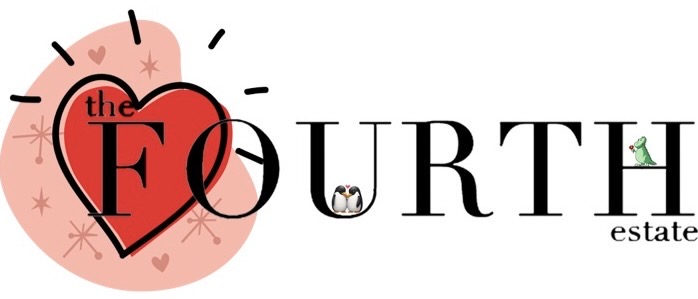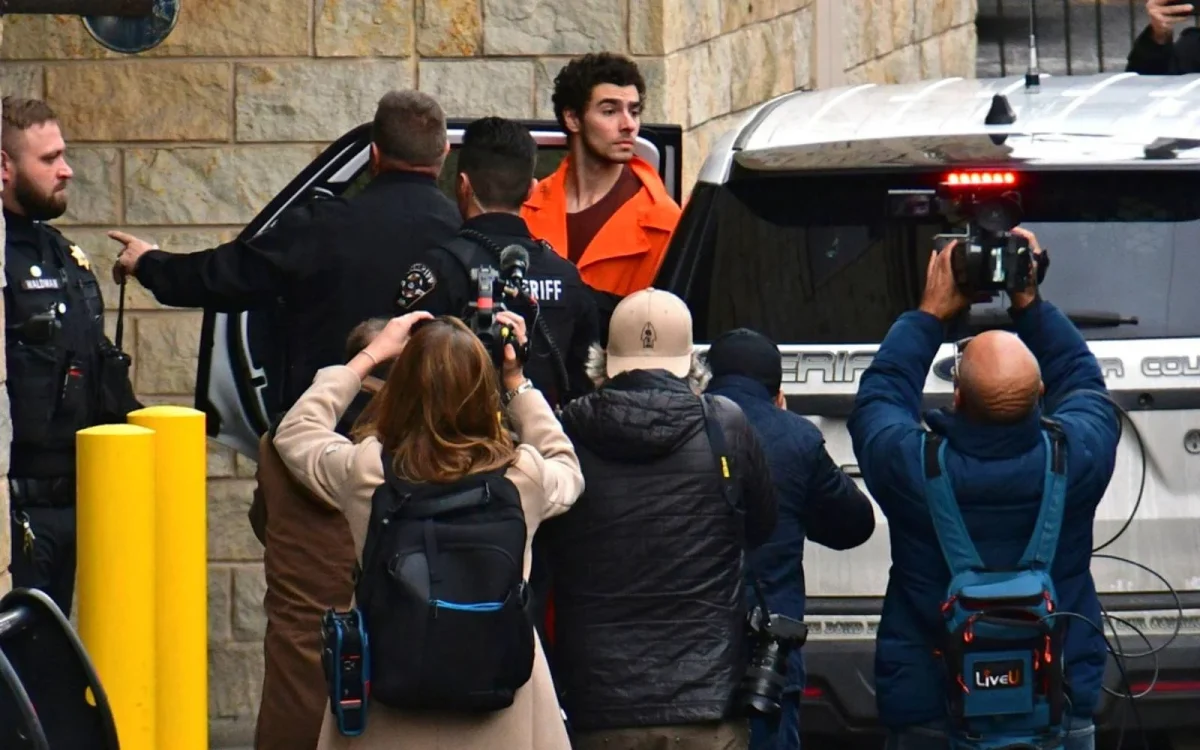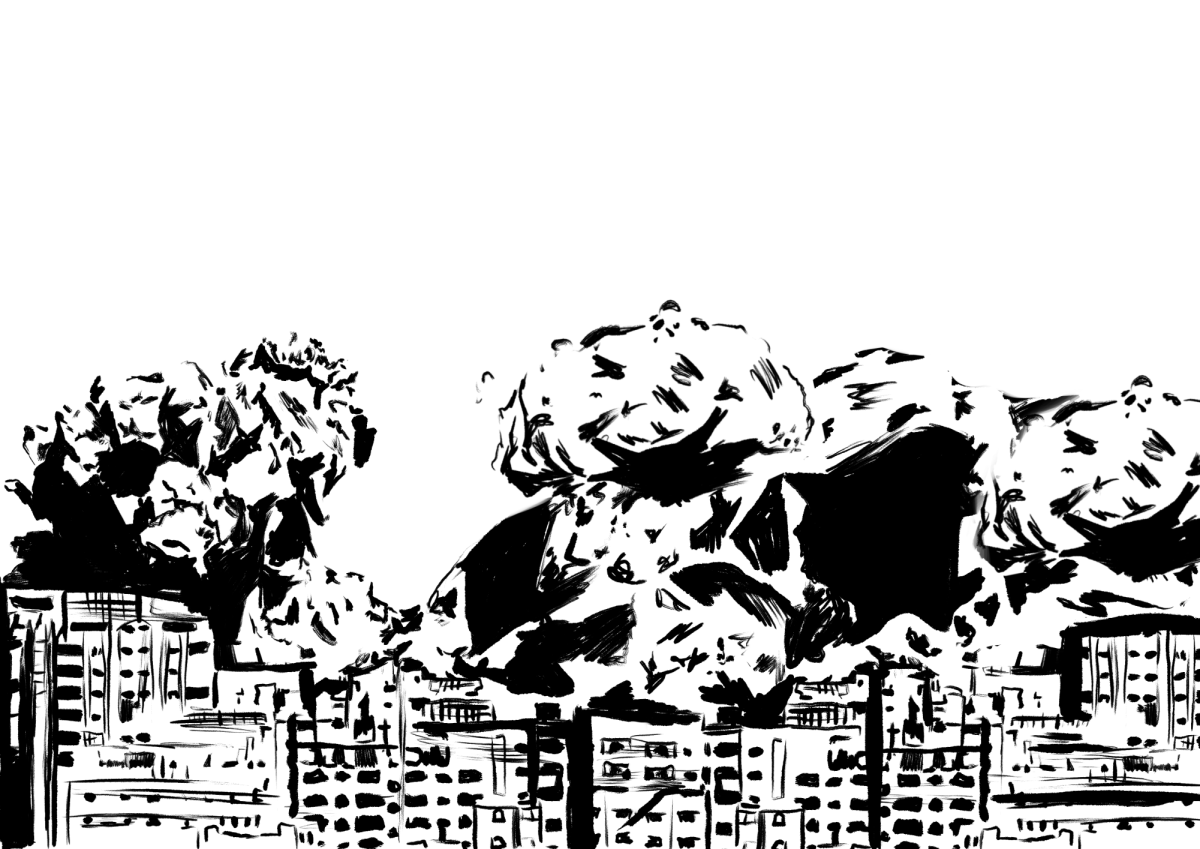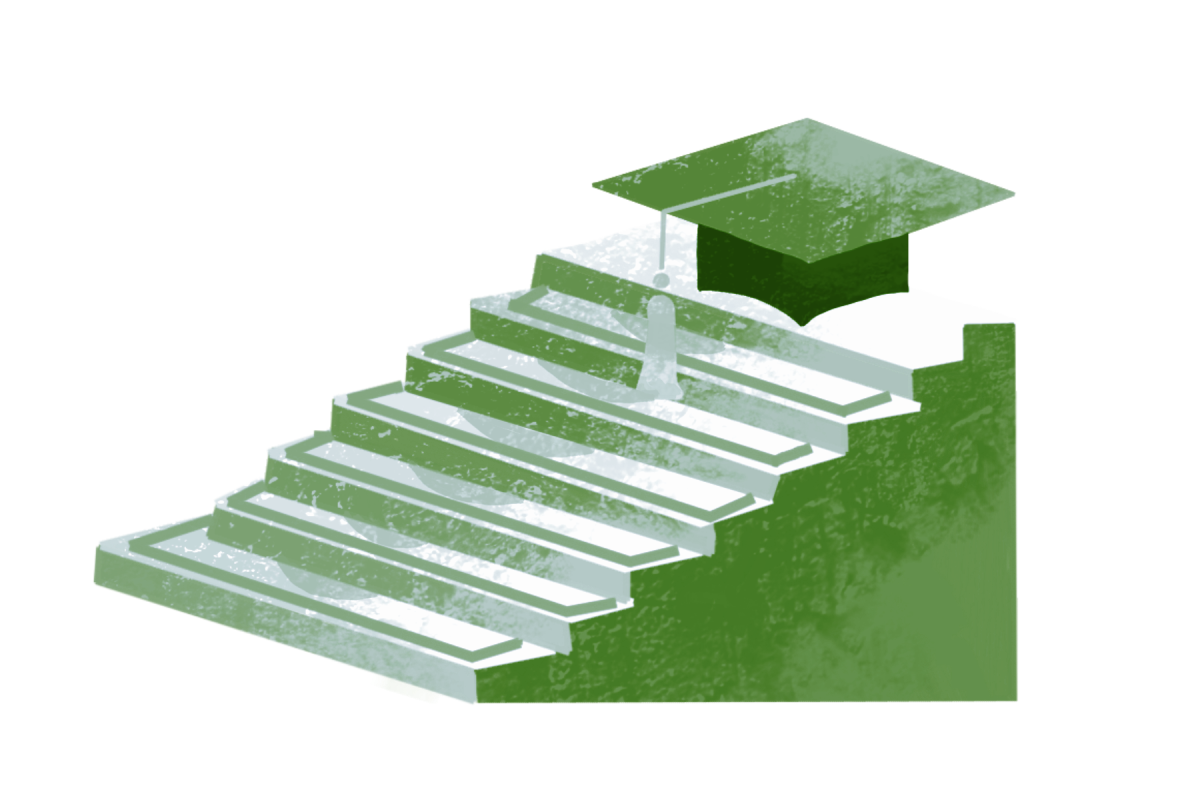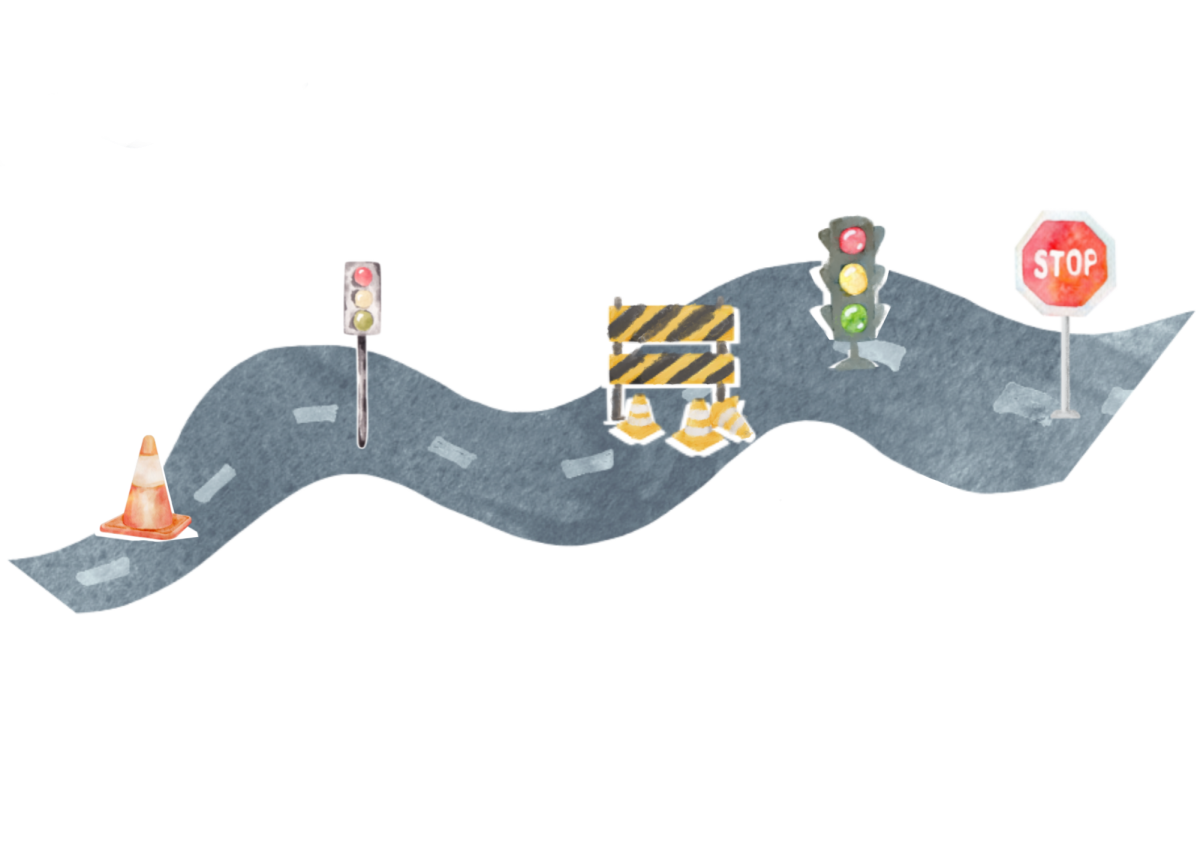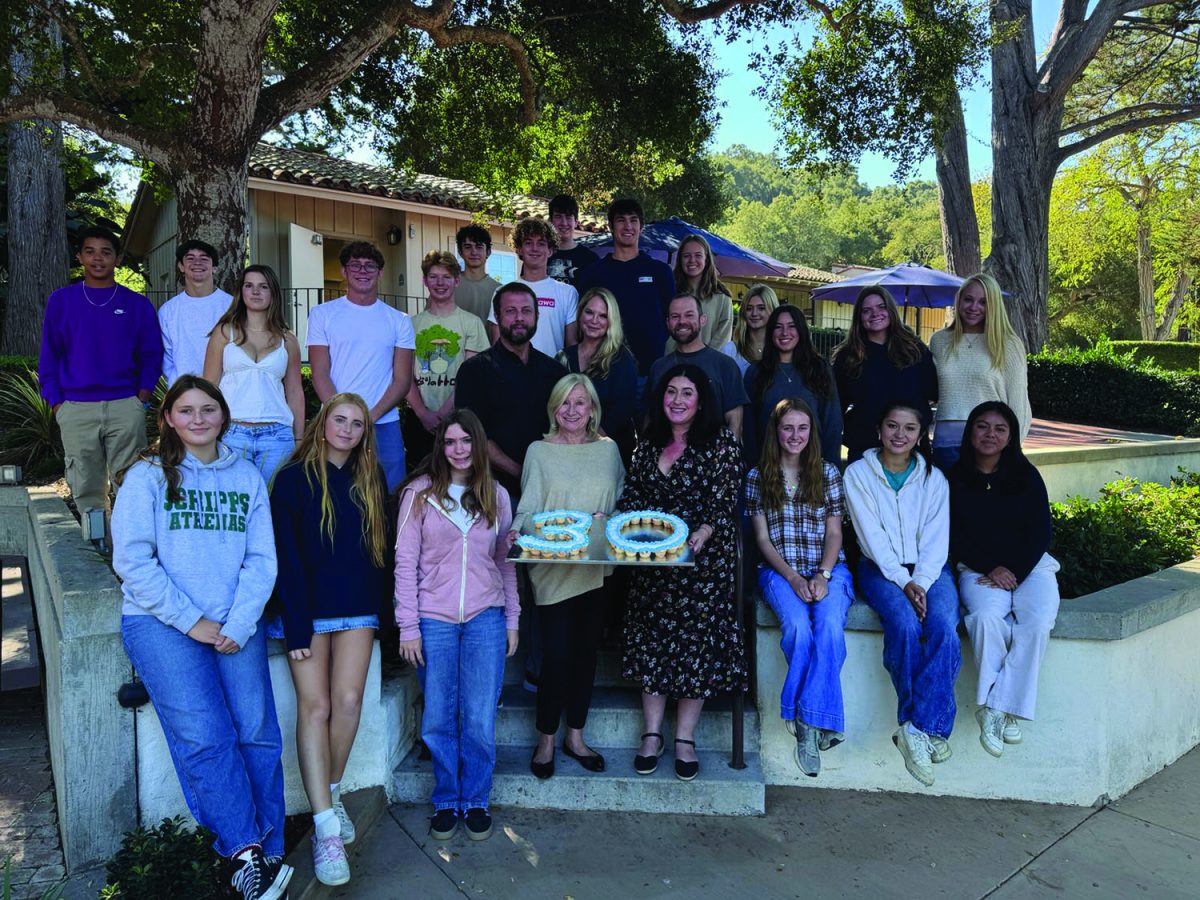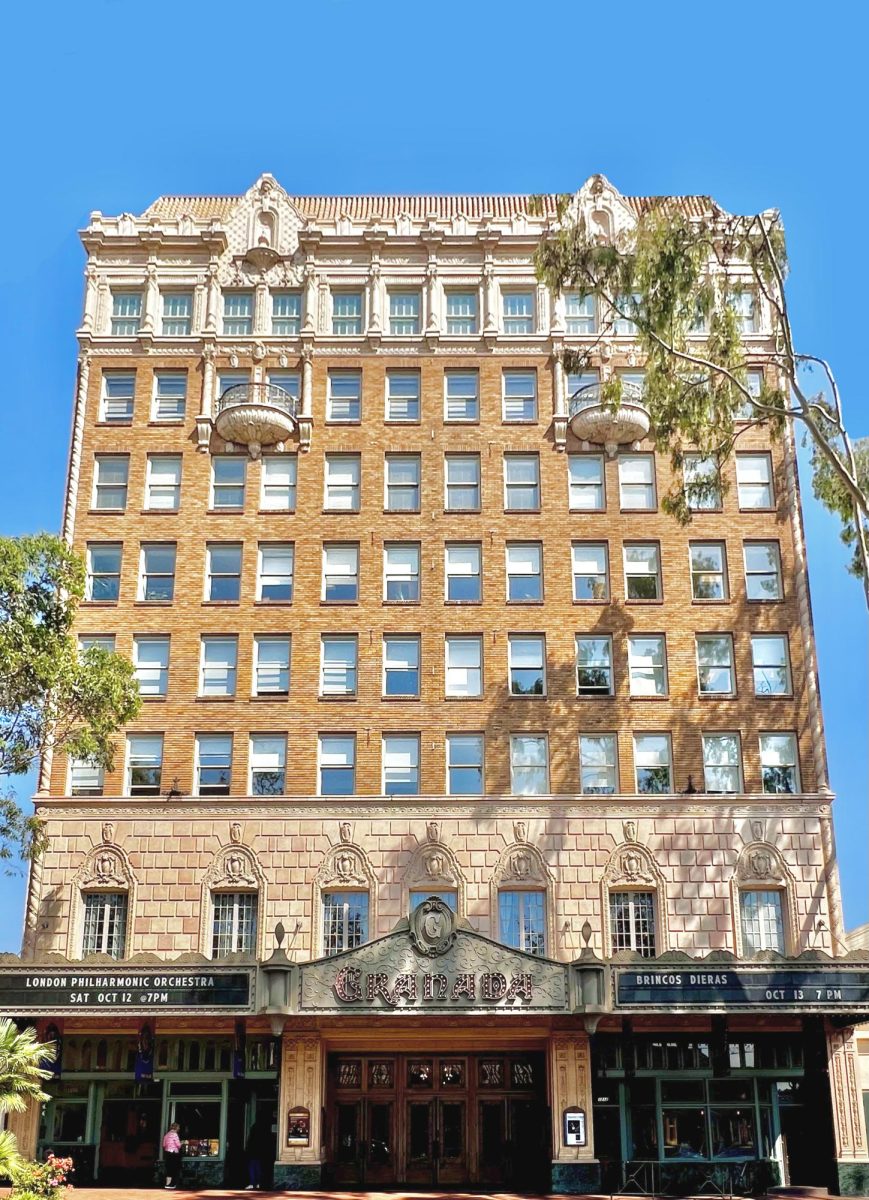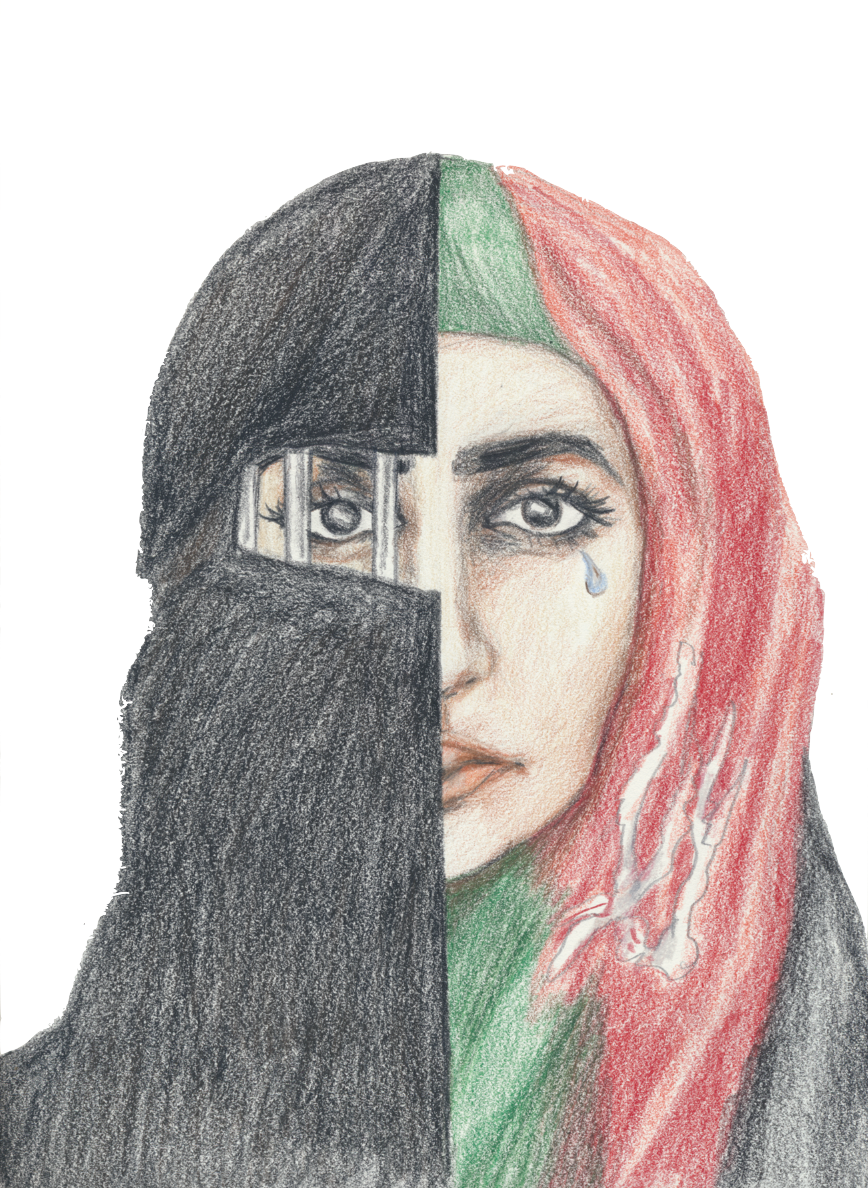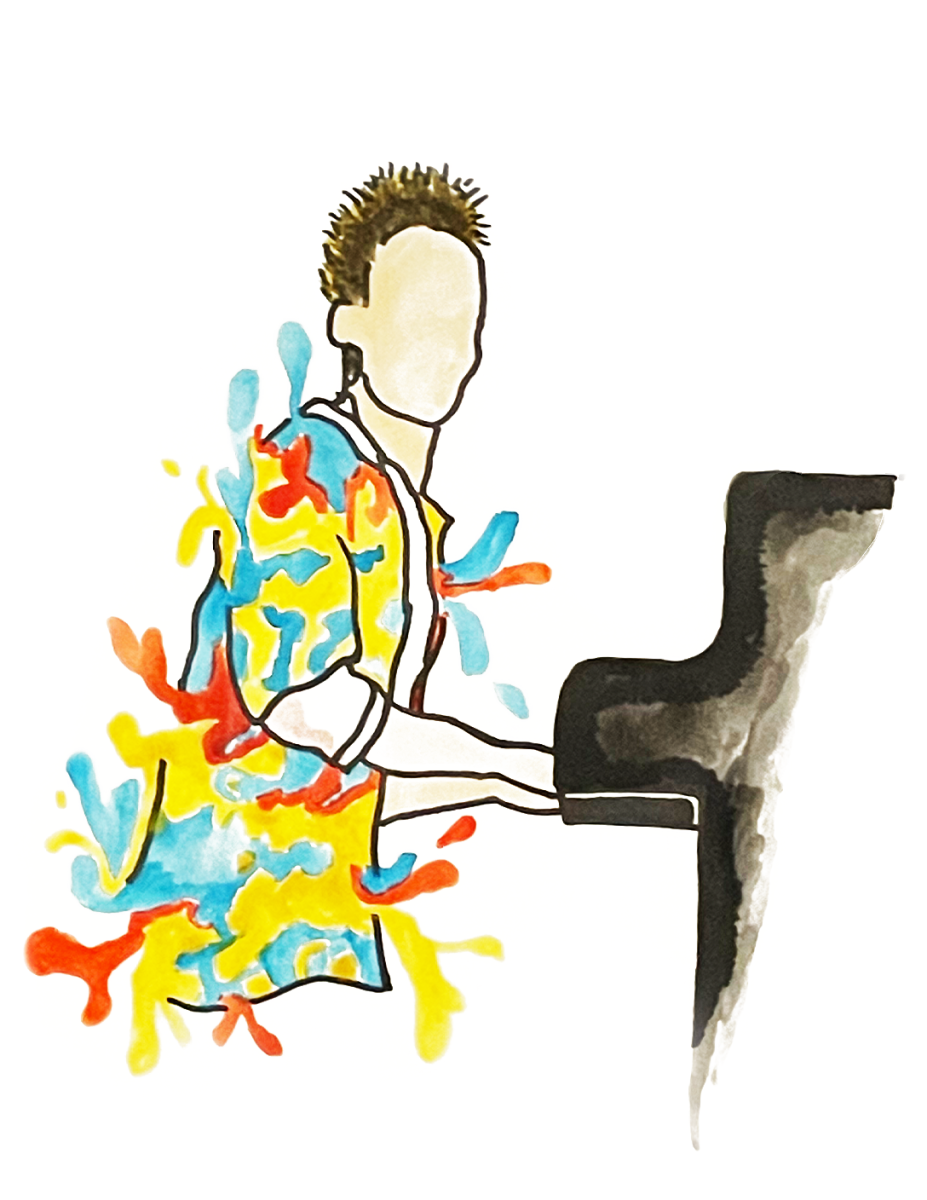[column width=47.5% padding=5%]
THE CONFLICT
The Israeli-Palestinian conflict refers to the ongoing struggle between Israelis and Palestinians that dates back to the early 20th century. However, the term is also used in reference to the earlier phases of the same conflict between the Zionist yishuv and the Arab population living in Palestine under Ottoman and then British rule.
[/column]
[column width=47.5%]
THE REMAINING KEY ISSUES:
- mutual recognition
- borders
- security
- water rights
- control of Jerusalem
- Israeli settlements
- Palestinian freedom of movement
- finding a resolution to the refugee question
[/column]
The rift is further complicated by incongruity on both sides of the conflict between moderate and extremist bodies.
When I joined the staff of The Fourth Estate, I made a promise to print honest, balanced information—to explain both sides of conflict, and to voice my opinions only after thorough research. I have an obligation to practice good journalism. I have an obligation to comb through information with a fine-toothed comb—most importantly as it applies to making a distinction between what is right and wrong.
The action and inaction of international media has, throughout history, dictated what is ignored and what is paid attention to, but even more so in this era of new media. The press has the power to grant prominence to world issues more powerfully than ever before, and global news media is dominated by U.S. corporations.
Mainstream media coverage of the Israel-Palestine conflict has for years been criticized as being biased by both sides. It has arguably lead to the proliferation of more media watchdog groups on both sides of the conflict than any other news topic.
People with strong bias toward an issue undeniably perceive reporting as biased against their own opinions, regardless of how substantiated the information may be. It’s referred to as the “hostile media effect,” and it has plausibly generated more accusation of partisan reporting on the Israel-Palestine conflict than on any other story.
But the media bears the privilege and burden of being able to shape public opinion, and, therefore, has a responsibility to participate in a fight for some resolution of this age-old conflict.
The Glasgow Media Group documented differences in the language used by journalists for Israelis and Palestinians in BBC television news coverage. The study found that “atrocity,” “brutal murder,” “mass murder,” and “savage cold blooded killing” were used to describe the death of Israelis, but not for the death of Palestinians. The word “terrorist” was repeatedly used to describe Palestinians. “Vigilantes” or “extremists” were used to describe members of an Israeli group, but not the word “terrorists.” Language is emotive—it can be inflammatory.
“Disputed territories” evokes an entirely different human reaction than “occupied territories.” The terms are often used interchangeably, but they reflect drastically different positions on the legal status of the West Bank and the Gaza Strip.
“Security fence” versus “apartheid wall,” or “neighborhood” versus “settlement.” “Militant” versus “freedom fighter” versus “terrorist.” Or using the term “died” versus “killed” versus “murdered.”
Emotion grabs people’s attention. It draws them to read or listen about an important story, but emotive language is also vulnerable and needs to be handled with care.
In this conflict, loaded terms such as “retaliation” are used over and over again. American networks CBS, ABC, and NBC used “retaliate” and its variants to describe attacks in the Israeli-Palestinian conflict 150 times from Sept. 2000 to Mar. 2002. 79% were in reference to Israel “retaliating” and 9% were in reference to Palestinians “retaliating.” Perhaps 79% of the attacks covered between Sept. 2000 and Mar. 2002 were truly Israeli responses, but did all three media moguls agree on which side was victimized every time—every 150? The position, I am sure, was not explicitly stated, but the language, context given, and political figures interviewed drastically influenced the public’s perception of who was guilty.
Information is all too often decontextualized—not only in words, but in photographs. Information is unethically omitted. An article that includes information about both a Palestinian suicide bombing in Israel and an Israeli offensive in the West Bank holds weight that an article only mentioning the Palestinian bombing or an article only mentioning the Israeli offensive do.
An article explaining the West Bank Barrier that does not mention the suicide bombings of the Second Intifada omits information that is essential to an honest understanding. An article that discusses the 2006 Hamas Election victory but does not mention the corruption of Fatah is unbalanced.
Israel advocate Bret Stevens said, “Moral clarity is a term that doesn’t get much traction these days.”
This year we resolved to publish the stories that matter—not only to publish those stories in this paper and on thefourthestate.net, but to publish on our Facebook walls and Twitter feeds. The influence we have as contributors to a global media cannot be overemphasized.
We must publish factually, equitably, and truthfully. We must publish without censorship, but, as Stevens said, good journalism is more than being objective and balanced.
Maybe my stories won’t conclude in who was right, who was wrong, who was guilty, or who acted in “retaliation,” but I resolve to make a conscious effort to research thoroughly. I promise to be honest in my uncertainty and to be clear in the language I use.
Here’s to a 2013 that fearlessly tackles our globe’s most difficult conflicts.
[column width=30% padding=5%]
Yasser Arafat
President of the Palestinian National Authority (PNA), founder of the Fatah political party and former paramilitary group, Spent much of his life fighting in the name of Palestinian self-determination.
[/column]
[column width= 30% padding =5%]
Ehud Barak
Israeli politician who served as Prime Minister from 1999 to 2001, leader of the Labor Party until January 2011, holds the posts of Minister of Defense and Deputy Prime Minister in Benjamin Netanyahu’s government.
[/column]
[column width=30%]
Mahmoud Abbas
Chairman of the Palestine Liberation Organization (PLO) since 11 November 2004, President of the Palestinian National Authority on 15 January 2005 on the Fatah ticket.
[/column]
